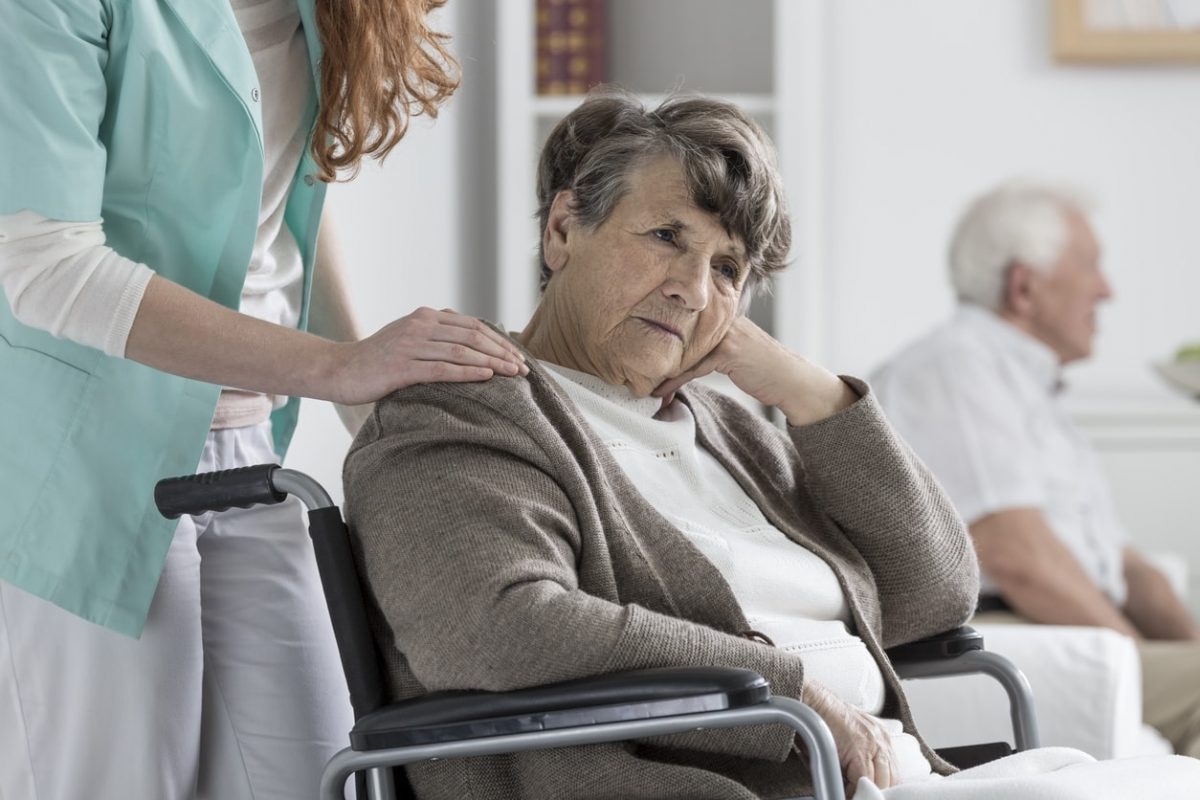Nursing homes are committed to providing their residents with compassionate care and safe living conditions. These facilities have a duty to their residents, and most work very hard to ensure the best quality of care. Unfortunately, there have been several highly-publicized incidents of abuse in the news in recent years. Allegations of abuse can result in significant negative impacts, both on the nursing home’s reputation and its financial standing. Nursing homes must adopt proactive strategies to handle abuse claims. Nursing home insurance coverage is an important part of the overall risk management system, but there is more to be done in terms of creating a unified response to allegations of abuse among nursing home populations.
Abuse in Nursing Homes
Elderly patients of nursing home facilities should be safe, and should receive compassionate care. Unfortunately, a significant number of facilities have been cited for some type of abuse violation, including physical and mental abuse or neglect as well as financial crimes and even false imprisonment. In the early 2000s, a study presented to the U.S. Senate suggested that almost 1/3 of all nursing home facilities in the U.S. had received a citation for abuse, putting their patients and staff members at risk.
Warning signs of nursing home abuse may vary, and it is the caregiver’s role to identify these signs in a proactive manner to prevent further risk. Signs can include:
- Bruising or bleeding not associated with care
- Marks from restraining methods
- Significant weight loss
- Dehydration and malnutrition
- Signs of fear or apprehension around staff members
- Personal property losses
- Unusual banking patterns such as excessive withdrawals from accounts
Handling Abuse Allegations: Best Practices for Nursing Home Facilities
Staff members and administrators of nursing homes must implement protocols for handling abuse claims or evidence that physical, mental, or financial abuse is taking place. Family members of nursing home residents should also be involved. Best practices for handling claims of abuse include:
- Verify the claim – Staff members and family should attempt to get a clear picture of the abuse claim by speaking to the claimant as well as his or her friends in the facility. Other residents may have witnessed inappropriate or dangerous behavior. Be sure to document all findings with photographs, review of medical records, and written notes where possible.
- Bring in the authorities – Under local, state, and federal regulations, nursing homes have a high standard of care and are required by law to provide safe places for their residents. If an abuse claim occurs, or there is evidence a violation is occurring or has occurred, it is time to involve regulatory and law enforcement authorities. Provide these authorities with all of the documentation collected.
- File a formal complaint – State regulatory agencies govern the operation of nursing home facilities and the care they provide. By filing a complaint based on suspected abuse or an abuse claim, this creates grounds for further investigation. Many states have a department of elderly affairs, while others may regulate nursing homes through the state Department of Health.
Protecting Nursing Home Assets with Liability Insurance
Elderly abuse in nursing homes can devastate the lives and wellbeing of those who have entrusted their care to these facilities. Allegations of abuse can also cost the facility a substantial amount of money, even if the claim is baseless. Attorney fees, settlements, and litigation costs can cost thousands or even millions of dollars. To protect assets, specialized nursing home insurance coverage is critical. Liability insurance forms the foundation for risk management practices, protecting the facility, its staff, and its residents from the costs associated with a liability claim.
About Caitlin Morgan
Caitlin Morgan specializes in insuring assisted living facilities and nursing homes and can assist you in providing insurance and risk management services for this niche market. Give us a call to learn more about our programs at 877.226.1027.


